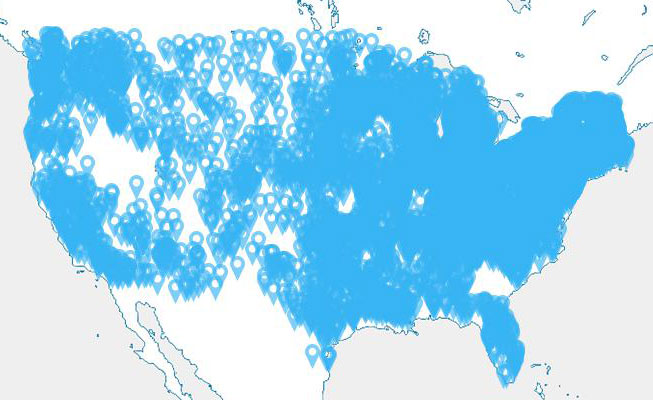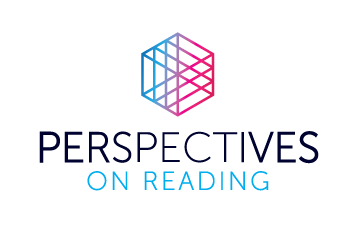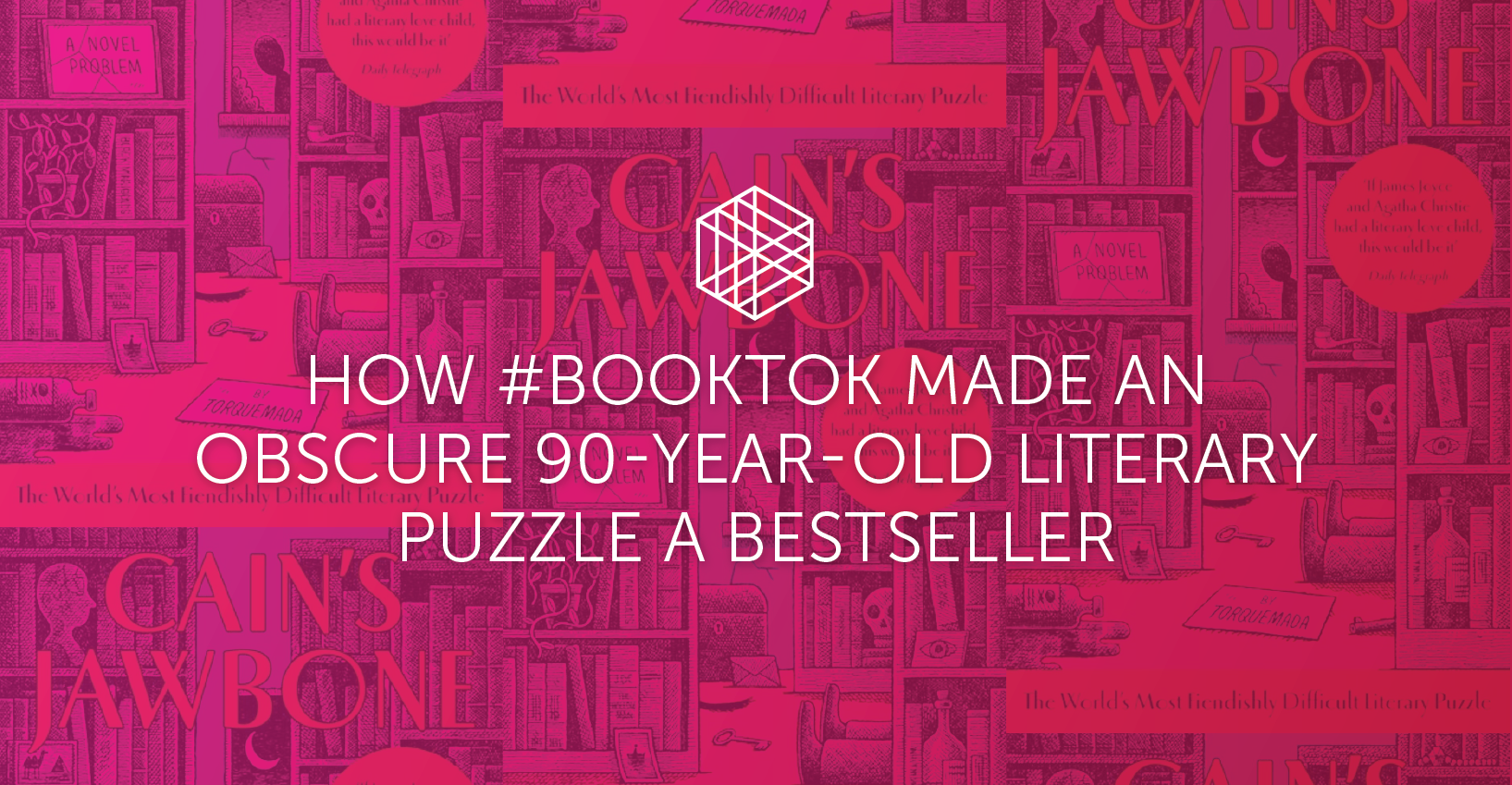Editorial: The Shark Tank marketing channel made in heaven
By Steve Potash, Publisher | November 2018
Like many of you, I occasionally watch the hit TV series Shark Tank. In each episode, eager entrepreneurs pitch the panel of “Sharks” a new product or service they created. Each startup seeks investment, and more importantly, the Sharks’ connections and notoriety to open doors to the market and help land retail shelf space or other distribution for their new gizmo.
Now, imagine you are the contestant on the next episode of Shark Tank. You are introduced as the developer of an innovative product that we’ll call a “Widget.” You present the Widget as a gadget that provides access to information on any topic in an easy-to-use format. This includes solutions for your personal life, career or business. The Widget can also be used to discover media that entertains, comforts and delights you.
As you get interrogated by the Sharks, they ask you how you plan to get your product to market. Will you promote your product online? Will you create social media campaigns? Will you get retail shelf space? If so, how many national chains will carry your product? Have you tested your product with consumers? How will you get word of mouth?
One of the Sharks who is eager to be your partner claims to have the perfect channel to merchandise, promote and create discovery of your product. She claims that she can:
- Get your Widget on shelves and in catalogs at 16,000 high-traffic locations in the U.S.
- Train a national network of product experts to recommend and showcase your product
- Add your Widget to thousands of online catalogs
- Create online and in-store services and catalogs for customers to discover and sample your product
- Offer programs to promote Widget use and train children to appreciate and love Widgets
As the creator of the Widget, you respond gleefully, “Yes! I want my work and creation to be discovered everywhere. Yes, I want a national network of locations and experts providing me shelf space, exposure and online discovery and sampling. Yes.”
 Credit Sony Pictures
Credit Sony PicturesOk, I wake up from my dream. My dream episode has Mark Cuban and Lori Greiner jumping from their seats to shake the Widget creator’s hand and tell them, “Congrats, we are going to start by selling hundreds of units of the Widget to the nation’s public libraries. Librarians will expose the product and promote it tens of millions of times to local and regional audiences of loyal customers seeking the next great Widget.”
While this Shark Tank episode is unlikely to occur, it’s a fact that we are in a hyper-competitive world where every product, service and brand is fighting for discovery and attention. For most new products and services, they need to budget significant capital to advertise, attract social media and build product brand and awareness, including word-of-mouth. Yet it goes unappreciated to many authors and publishers that libraries and librarians promote their product – reading and the books they produce – in thousands of high-traffic consumer locations in nearly every community. The work librarians do every day also includes promoting and training the next generation of readers to appreciate and value an author’s product.
Since 2002, OverDrive has been evangelizing to authors, agents and publishers the clear economic benefits of leveraging the global network of public libraries with ebooks and audiobooks. Libraries worldwide represent a proven and growing source of revenue for authors and publishers while promoting and training future customers to appreciate their product. At no cost to the author, librarians engage in millions of direct and tens of millions of online interactions with readers with the goal of educating readers about books.
As a result of many of the promotional campaigns of libraries worldwide, I am delighted to report there is a growing community of authors and publishers who have learned how to best leverage this “dream marketing channel” for new titles and works. An increasing number of imprints, first time authors and genres rely on the library market as a key source for discovery and revenue and to drive a halo effect for their titles’ economic success.
Yet there persist unsubstantiated claims that somehow an author’s retail ebook sales are negatively impacted by a library offering digital book lending. Fortunately, the data is emerging to prove this correlation is unfounded. The Association of American Publishers’ (AAP) 2017 revenue report indicates trade revenues for books were essentially flat (a 1.3 percent increase), while ebook revenues fell 4.7 percent. It is undisputed in the AAP report that a decline in ebook retail sales occurred during the same periods that library ebook lending grew. What is not a fact is that these two events have any causal relationship.

Publishers’ and authors’ ebooks and audiobooks are featured at 16,000 public libraries in the U.S., a key source for discovery and revenue.
Credit Sony Pictures
The AAP report compiles data as reported from its publishing members, with a vast majority of the data coming from the “Big 5” U.S. trade publishers (Penguin Random House, HarperCollins, Simon & Schuster, Hachette and Macmillan) and dozens of other AAP members.
It is also a fact that the majority of retail ebook sales are adult fiction, with romance, thrillers and mystery as leading genres. What the AAP report fails to include is the hundreds of thousands of self-published, unreported ebook sales from Amazon and others that comprise what is estimated to be as much as 50 percent of the retail ebook market (NPD Books & Consumers Data).
As a result of Amazon dominating the retail ebook market and not participating in the reports relied upon by select trade houses, current industry reports are unreliable for today’s digital retail sales. Self-publishing is successfully conducted by hundreds of thousands of authors that provide no reporting yet significantly impact the market share of the reporting national trade houses.
In the decade since Kindle Digital Publishing first launched, self-publishing has exploded as more authors transition away from traditional publishing. Several years ago, independent authors made up such a small market share that the numbers were hardly worth mentioning when diving into the data. This is no longer true. In fact, in his 2017 annual letter to shareholders, Amazon CEO Jeff Bezos shared that “over a thousand independent authors surpassed $100,000 in royalties through Kindle Direct Publishing” that year.
More and more authors are turning to self-publishing. So many that in 2016 Bowker assigned almost 800,000 ISBNs to self-published titles. This already represents a substantially large amount of titles for readers to choose from, but it also underreports the amount of independent titles hitting the market, as ISBNs are optional for self-published books. Meanwhile, the Big 5 publishers produce roughly 30,000 titles per year. Combined.
If traditional publishers want to understand why their retail sales are flat, or even declining, the reality is that they are becoming an increasingly smaller percentage of books available in the marketplace.
In order to give a holistic, 360-degree view of the publishing world and how libraries and sales are connected, it is important that all of the data is collected and analyzed. It is equally important that all points of view are represented in the discussions.
Enter the Panorama Project.
In this age of data-driven decisions, I’m glad to lead a first-of-its kind initiative that will examine and analyze the impact library ebook sales have on the retail market. Our Advisory Council — made up of thought leaders and stakeholders across multiple book- and publishing-related fields – will oversee the research activities, with the goal of facilitating a panoramic view of trends in sales. In addition, the council will seek to capture, analyze and learn from the patterns that emerge to examine the impact libraries have on discovery, brand and sales.
The Panorama Project is a multi-year effort, and it is my belief that our objective analysis of the data will illustrate the critical role libraries play in title discovery, brand awareness and retail sales. Instead of being a hindrance to sales, libraries will be recognized as a vital resource in these key areas.
Readers are publisher neutral and most would not be able to tell you the publisher of the latest book on their nightstand. With so many titles available, it can be overwhelming to find their next great read and when they do, chances are they are not paying attention to the publisher. Instead, they just want a book to read, and they often turn to their local librarians for assistance. I recognize the tremendous work that librarians do every single day to support and promote the work of authors and titles, often introducing readers to a new writer or series they might not have discovered on their own. Librarians are equally publisher neutral and recommend titles based on a myriad of factors including genre and reader interest.
The more difficult publishers make it for libraries to purchase and stock their books, the more likely it is that librarians will start to shy away from purchasing and recommending those titles to patrons.
The role of readers’ advisory is so important to this particular conversation that the Panorama Project has organized a Readers’ Advisory Impact Committee to research the various methods and tools librarians use to make title recommendations, with the aim to develop best practices and measure the effectiveness of these activities.
For the success of all, it is important the industry approaches the data objectively to find the best channels to promote authors and books to our patrons. Readers often use the library as an opportunity to “test drive” books and authors before purchasing. By actively working together across all corners of the book industry map, we can make sure readers find the books they want to read, which will increase circulation for our library friends and sales for our publisher partners.
My hope is that this episode of Shark Tank ends with a handshake between the Sharks and the entrepreneur. The happy presenter walks out of the “tank” thankful they have a successful investor and partner that taught them to embrace the library and librarian as the best promotional and marketing channel for their product.


